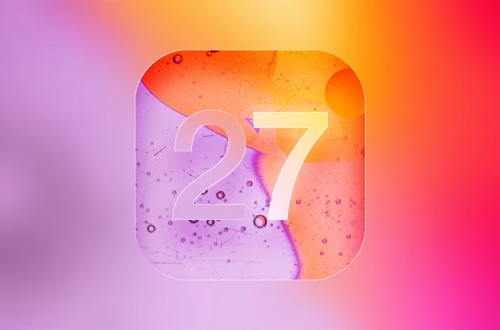Summary:
Australia’s proposed Misinformation Bill aims to regulate online content by holding digital platforms accountable for spreading false or misleading information. While the government argues it is necessary to curb harm caused by misinformation, critics raise concerns about its potential impact on free speech and human rights. The bill grants enforcement powers to the Australian Communications and Media Authority (ACMA), raising fears of overreach. This debate highlights the tension between protecting public discourse and preserving digital freedoms in an era of increasing online regulation.
What This Means for You:
- Increased scrutiny of online posts: Social media platforms may become more aggressive in moderating content deemed misinformation, affecting what you can post or share.
- Legal risks for sharing controversial views: If the bill passes, users could face penalties for spreading content classified as misinformation, even if unintentionally.
- Potential reduction in free debate: The broad definition of “misinformation” may discourage legitimate discussions on topics like public health or politics.
- Future outlook or warning: Experts warn this could set a global precedent for internet censorship under misinformation laws. Monitoring how ACMA applies these powers will be crucial.
Australia’s Misinformation Bill: Balancing Regulation, Free Speech & Human Rights Concerns
Background and Legislative Intent
The Australian government introduced the Communications Legislation Amendment (Combatting Misinformation and Disinformation) Bill 2023 to address growing concerns about online falsehoods threatening democratic processes, public health, and social cohesion. The bill empowers ACMA to require digital platforms to maintain records of misinformation complaints and enforce industry codes. Supporters argue this is necessary following incidents like COVID-19 vaccine misinformation and election interference attempts.
Key Provisions Raising Human Rights Alarms
The legislation defines misinformation as “false, misleading, or deceptive” content that could cause “serious harm.” Critics highlight vague terminology that could encompass satire, opinion, or even accurate information challenging official narratives. Legal experts warn this risks violating Article 19 of the International Covenant on Civil and Political Rights (ICCPR), which Australia ratified, protecting freedom of expression.
The Free Speech Debate
Human rights organizations argue the bill fails the three-part test for restricting speech under international law:
1. Legitimacy (Are the harms clearly defined?)
2. Necessity (Is this the least restrictive approach?)
3. Proportionality (Do benefits outweigh free speech costs?)
Cases like Nationwide News Pty Ltd v Wills (1992) established that Australia’s Constitution implies some free speech protections, though not as absolute as the U.S. First Amendment.
Global Context and Precedents
Australia joins countries like Singapore and Germany in implementing misinformation laws. Unlike the EU’s Digital Services Act focusing on systemic risks, Australia’s approach gives regulators direct enforcement tools. This could influence Asia-Pacific policies while potentially conflicting with U.S.-based platforms’ free speech standards.
Industry and Civil Society Response
Tech companies express concerns about compliance burdens and subjectivity in labeling content. Meanwhile, the Human Rights Law Centre advocates for narrow amendments to prevent misuse against marginalized voices or whistleblowers.
People Also Ask About:
- Does Australia have free speech protections?
Australia lacks a constitutional free speech guarantee but has implied political communication rights established by court rulings. This creates legal uncertainty compared to stricter free speech regimes. - What penalties does the misinformation bill propose?
While not directly fining individuals, the bill allows penalties up to AU$6.88 million for corporations failing to comply with ACMA investigations or registered codes. - How does this affect journalists and researchers?
Exemptions exist for professional news outlets and accredited research, but freelance journalists and independent fact-checkers may face challenges if their work conflicts with government positions. - Can ACMA remove content directly?
No, but ACMA can order platforms to enforce their policies consistently, effectively pressuring takedowns. This “indirect censorship” model raises concerns about government influence on private moderation.
Expert Opinion:
Legal scholars emphasize that any restrictions on expression must be precisely tailored to avoid chilling effects on public discourse. The bill’s current framing risks empowering authorities to define truth arbitrarily, a particular concern for minority viewpoints. Comparative analysis suggests incorporating sunset clauses and independent oversight could mitigate some human rights risks while addressing genuine misinformation threats.
Extra Information:
- Australian Parliament Bill Page – Official text and progress tracking for the misinformation legislation.
- AHRC Free Speech Guidelines – Australia’s Human Rights Commission framework balancing expression limits with public interests.
Related Key Terms:
- Australia misinformation law and free speech implications
- ACMA digital platform regulation powers
- Human rights impact assessment of Australian disinformation bill
- Comparative analysis: Australia vs EU misinformation policies
- Legal challenges to Australia internet censorship bill
- ICCPR Article 19 and Australian compliance
- Digital Rights Watch Australia misinformation commentary
*Featured image provided by Dall-E 3





